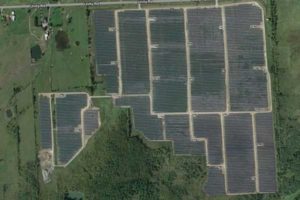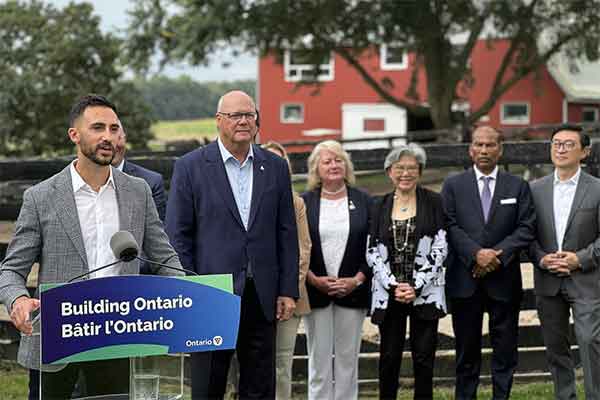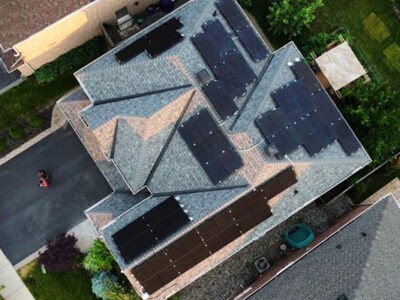- Ontario’s strategy focuses on a diverse energy mix but imposes strict restrictions on solar projects to protect prime agricultural land.
- Municipalities will play a significant role in approving new projects, ensuring community input is prioritized.
- While these measures aim to balance energy expansion with land preservation, concerns arise about potential delays and challenges in advancing Ontario’s renewable energy goals.
Energy Minister Stephen Lecce announced yesterday the accelerated launch of the second long-term (LT2) procurement through a ministerial directive to the Independent Electricity System Operator (IESO). The announcement was made at Kinghaven Farms, an agricultural site powered by over 1,000 rooftop solar panels.
Ontario aims to secure an additional 5,000 megawatts (MW) of electricity to meet the province’s growing demand. This move, spearheaded by the new Energy Minister, Stephen Lecce, signifies a shift in Ontario’s energy strategy.
The province will focus on a diversified mix of energy sources, including natural gas, hydroelectric, renewables, nuclear, and biomass. However, Ontario’s approach comes with stringent restrictions, particularly concerning the development of solar energy projects.
The latest announcement has raised concerns about potential delays and complications in expanding Ontario’s energy capacity.
Protecting Agricultural Land

Sol-Luce Kingston Solar PV Park is a ground-mounted solar project which is spread over an area of 800 acres. (Google Maps)
One of the most notable aspects of the new energy procurement plan is its strict protection of prime agricultural land. Lecce has made it clear that ground-mounted solar panels will be prohibited on prime farmland to preserve these lands for food production.
Any new energy project proposals for prime agricultural areas will require a detailed Agricultural Impact Assessment (AIA) to ensure they do not encroach on these lands. This measure seeks to balance the province’s growing energy needs with the preservation of valuable agricultural resources.
Community Engagement and Local Authority
In addition to protecting agricultural land, the new plan emphasizes the importance of community engagement. Municipalities will have a significant say in whether a project moves forward, ensuring that local voices are heard.
This approach marks a departure from previous government policies, which sometimes imposed energy projects on unwilling communities. “While the Liberals paid up to eight times the going rate for wind projects that were imposed on unwilling communities, we are determined never to force families and seniors into energy poverty again,” said Lecce’s press secretary.
However, it also raises questions about whether these added layers of scrutiny could complicate the process of expanding Ontario’s energy capacity.
Perspective
Historically, Ontario had a more straightforward process for approving renewable energy projects, with fewer roadblocks and a quicker path to implementation. While the new restrictions are designed to safeguard agricultural land and involve communities, they could potentially slow down the deployment of solar projects.
Developers will need to navigate these new requirements carefully, balancing the need for rapid energy expansion with the province’s commitment to protecting farmland and securing local support.
The question remains whether these new policies, which add more obstacles, will hinder the progress of renewable energy development in Ontario. While the intentions behind the restrictions are clear, the additional complexity could stifle innovation and delay the transition to a more sustainable energy grid.













Comments